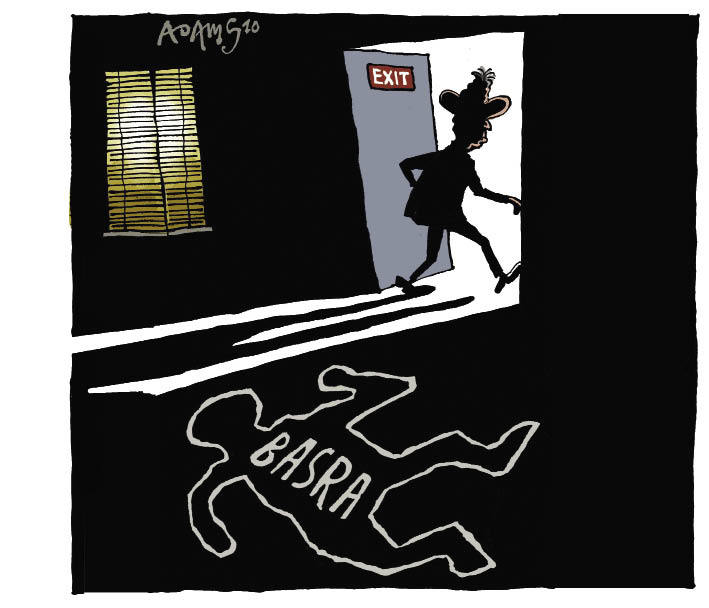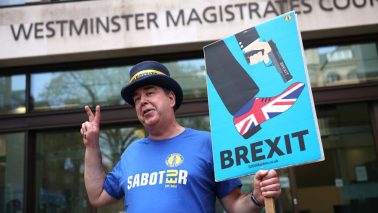It’s a mistake to focus on the dodgy dossier, says Fraser Nelson. Blair’s real crime was to invade Iraq with no strategy, no understanding of the Islamist factions and no qualms about leaving Iraqis to the mercy of death squads
There has always been a faction of the Labour party that wanted Tony Blair in the dock for the Iraq war — no matter how pointless it would be. This was the sole purpose of the Chilcot inquiry. Gordon Brown agreed to it simply to assuage his backbenchers, and the whole exercise was intended to be more a mischievous distraction than an inquisition. But almost by accident, the inquiry has exposed the real scandal of Iraq: the appalling mismanagement of the war and the defeat of the British army, which left the people of Basra to the death squads.
The WMD have become weapons of mass distraction. Mr Blair spent years answering questions about the case for war in Iraq, but he has answered far too few questions about the conduct of that war. No British journalist was based in the British-controlled south of Iraq, and so information about the situation there was sparse. For a politician wishing to construct a false narrative of progress, the circumstances were ideal. Had it not been for the Chilcot inquiry, the scale of the tragedy of Basra might never have come to light.
The problems should have been clear from the offset. As we now know from the Chilcot inquiry, Clare Short’s Department for International Development was unable to draw a plan for the reconstruction of Basra as it was deliberately kept out of the loop. The reason? Short was not trusted by the Blair circle, as Alastair Campbell admitted in his evidence. So DFID, from the outset, had no strategy — and Basra suffered as a result of the government’s factionalism.








Comments
Join the debate for just £1 a month
Be part of the conversation with other Spectator readers by getting your first three months for £3.
UNLOCK ACCESS Just £1 a monthAlready a subscriber? Log in